41 what law requires truthful labels
Rule 4.1 Truthfulness In Statements To Others - Comment In extreme cases, substantive law may require a lawyer to disclose information relating to the representation to avoid being deemed to have assisted the ... To Require Truth in Labeling of Agricultural Products that Are Edible ... To Require Truth in Labeling of Agricultural Products that Are Edible by Humans, also known as Act 501, is a law passed in the US state of Arkansas that restricts the terminology that can be applied to substitutes of animal-based foods. [1]
Fair Packaging and Labeling Act: Regulations Under Section 4 of the ... The Fair Packaging and Labeling Act (FPLA or Act), enacted in 1967, directs the Federal Trade Commission and the Food and Drug Administration to issue regulations requiring that all "consumer commodities" be labeled to disclose net contents, identity of commodity, and name and place of business of the product's manufacturer, packer, or distributor.

What law requires truthful labels
Chapter 9 (The Americans) 2014 Flashcards Preview - Brainscape The law that required truthful labels was the a. Pure Food and Drug Act b. Meat Inspection Act c. Sherman Antitrust Act d. Interstate Commerce Act. Chapter 9 US History Flashcards - Quizlet The first person to use the presidency as a "bully pulpit" was. Theodore Roosevelt. The law that required truthful labels was the. Pure Food and Drug Act. The Story of the Laws Behind the Labels - FDA Labels were not even required to state the weight or measure -- only that a contents statement, if used, must be truthful. By 1913, food.
What law requires truthful labels. What to Know About Recycling Liability and SB 343 - The National Law Review Thursday, October 28, 2021. California's new recyclability law could create liability associated with labeling and packaging issues. On 9 September 2021, the California Legislature ... Recycling Truth in Labeling - EANY Summary. This legislation amends the environmental conservation law by adding a new section addressing deceptive or misleading claims about product or packaging recyclability and set s up a regulatory process for the Department of Environmental Conservation to develop a list of material types and forms that are recyclable. The legislation further requires all rigid plastic containers sold in ... Bill Would Require 'Truth In Labeling' For Plastic Containers - KLCC An Oregon Senate panel is considering a measure Thursday that would ban the sale of plastic containers that appear to be recyclable but really aren't.. You've probably seen the so-called "chasing arrows" symbol on things like ketchup bottles or milk jugs. It used to mean you could put the item in your curbside recycling bin. Threading Your Way Through the Labeling Requirements Under the Textile ... The Rules require labels to disclose the country where the product was processed or manufactured. The FTC amended sections 303.33 (d) and (f) and 300.25 (d) and (f) to clarify that the country where an imported product is processed or manufactured is the country of origin as determined under the laws and regulations enforced by Customs. E-commerce.
Fur Labeling Act: Hearing ... Eightieth Congress, Second ... United States. Congress. House. Committee on Interstate and Foreign Commerce · 1948 · AdvertisingCongress has authority to require truthful labeling of these products as they pass from manufacturer or processor through the channels of trade to the ... GMO Labeling Law Is Discriminatory and Fails to Inform Consumers ... The 2019 rules implement a 2016 federal law that for the first time required the labelling of GE foods. Congress passed the federal law after several states (Vermont, Connecticut, Maine) passed GE labeling laws, with numerous other states poised to do the same. The labeling is required to be implemented by food manufacturers in January 2022. Law Label Requirements In The United States | Suntrics It's required and must be visibly and permanently affixed to all products requiring a label. The presence of Law Labels began in the early 1900s. Their placement on products informs consumers of the item's material content. Law Labels help protect buyers from purchasing used goods with surprising foreign materials. Consumer Protection - Progressive Era Photo Exhibit - Google Sites It did not allow contaminated food products or medicines to be sold and required truthful labeling. The Pure Food and Drug Act states that it serves the ...
California passes new precedent-setting laws that require accurate ... SB 343 brings "truth in labeling" to many plastic and packaging products. Manufacturers would no longer be allowed to put the "chasing arrows" recycling symbol on items that aren't actually recyclable in the real world. Products that contain the "forever chemicals" known as PFAS also can't be labeled as recyclable. Compliance FAQs: Packaging and Labeling in the US | NIST The Uniform Packaging and Labeling Regulation (UPLR) was first adopted during the 37th National Conference on Weights and Measures in 1952. UPLR contains in Uniform Laws and Regulations in the areas of Legal Metrology and Engine Fuel Quality, NIST Handbook 130, have been adopted into law in 45 of the 50 U.S. states. Truth in Labeling - The American Prospect although measures taken in the 1960s and 1970s, such as creating the consumer product safety commission and passing the truth in lending act and the fair labeling and packaging act, are today uncontroversial and popular, critics opposed them for simultaneously restricting individual freedom and expanding the government into areas that were … Food Labelling for Consumers – EU Law, Regulation and Policy ... In other words, EU law requires consumers to read the list of ingredients. ... A typology by truthful but misleading advertising and labeling claims.
FSIS Compliance Guideline for Label Approval (July 2020) whether its labels require FSIS sketch approval, or whether they have ... Allergen and Consumer Protection Act is a statement that is generically approved.
Fair Packaging and Labeling Act - Wikipedia Signed into law by President Lyndon B. Johnson on November 3, 1966. The Fair Packaging and Labeling Act is a U.S. law that applies to labels on many consumer products. It requires the label to state: The identity of the product; The name and place of business of the manufacturer, packer, or distributor; and. The net quantity of contents.
Labeling Requirements - Misbranding | FDA False or Misleading Labeling Misbranding Section 502 of the Federal Food, Drug and Cosmetic Act (FFDCA) contains provisions on misbranding including some that relate to false or misleading...
9 CFR § 317.2 - Labels: definition; required features. | CFR | US Law ... (b) any word, statement, or other information required by this part to appear on the label must be prominently placed thereon with such conspicuousness (as compared with other words, statements, designs, or devices, in the labeling) and in such terms as to render it likely to be read and understood by the ordinary individual under customary …
FDA: Foods Must Contain What Label Says The good news is that the Food and Drug Administration (FDA) has your back. The Federal Food, Drug and Cosmetic Act—which provides authority for FDA's consumer-protection work—requires that labels...
Which law requires truthful labels? - Answers What was the law that required truthful labels? The Pure Food And Drug Act. What was the name of the law that required truthful and honest labels on products? There is a US law named Fair Packaging...
With 85% of California's Single-Use Plastics Not Recycled, New Law ... At least 85% of single-use plastics in the state do not actually get recycled. Instead, they wind up in the landfill. Sen. Ben Allen's bill would require truthful labeling.
Vegan Certification for Truth in Labeling Laws: 2 In order to define vegan laws and advocate for their protection, we must look to existing legal guidelines as a global framework, which determines where or how vegan fits into the existing modern paradigm of law. At present, current global laws do not require disclosure of or protect vegan claims, and even fail to recognize a vegan interest.
Packaging and Labeling | NIST The Fair Packaging and Labeling Act (FPLA) and other Federal laws and regulations govern the labeling requirements for most consumer products; however, many products fall only under state laws (NIST Handbook 130-Current Edition). Over the years, packaging and labeling laws and regulations have been introduced and modified to meet marketplace needs. ...
Chapter 9 Flashcards - Quizlet The first person to use the presidency as a "bully pulpit" was. Theodore Roosevelt. The law that required truthful labels was the. Pure Food and Drug Act.
PDF Recycling Labeling Laws Today - Truth In Labeling Task Force - Oregon those claimed to be "compostable" or "biodegradable." The law requires environmental marketing claims, whether explicit or implied, to be substantiated by competent and reliable clear scientific evidence for environmental claims (PRC Sections 42355 -42358.5). Recycling Labeling Laws Today - Truth In Labeling Task Force
Truth in Labeling Laws(uits) - National Agricultural Law Center On March 18, 2019, Arkansas passed " an act to require truth in labeling of agricultural products that are edible by humans." The stated purposed of the act is to "protect consumers from being misled or confused by false or misleading labeling of agricultural products that are edible by humans."
Truth in Labeling Laws(uits) - National Agricultural Law Center So far, each statute has been some variation of "'meat' must be a product of harvested livestock or otherwise the label will be false and misleading." For example, Montana defines meat as the "edible flesh of an animal born and harvested for the purpose of human consumption." Mont. Code Ann. §4.1-31-01 (8).
Food Labeling - USDA Additional laws and regulations require sellers to describe how foods are prepared or processed, the origin of the ingredients, the nutrients, additives in the foods, or other aspects of the product. ... These measures ensure that labels are not misleading and truthful. The FSIS Labeling/Label Approval website provides information on label ...
New and Used Furniture Labeling Requirements - ct Product labels help buyers of cushions, pillows, comforters and upholstered furniture make informed purchases. Products with hidden filling materials that are to be used for sitting, resting or reclining, such as pillows, comforters and chairs must include the correct Law Label.The label explains exactly what the hidden filling material is, and if more than one type is used, the percentage of ...
Product Labeling Laws - Explained - The Business Professor, LLC The Fair Packing and Labeling Act (FPLA) is the primary labeling law in the United States. It was passed in 1967 to require labeling of consumer commodities. The provisions of the FPLA are enforced by the Food and Drug Administration and Federal Trade Commission. The primary provisions require that labels disclose the following information:
A look at truth in labeling laws - Ohio's Country Journal Missouri was the first state to pass a truth in labeling law. And Missouri was the first state to have the constitutionality of the law challenged. On Aug. 28, 2018, Missouri Rev. Code Sec. 265.494 (7) became law.
The law that required truthful labels was the A. Interstate Commerce ... The law that required truthful labels was theA. Interstate Commerce Act B. Pure Food and Drug Act o. C. Sherman Antitrust Act o. D. Meat Inspection Act.
Truth in labelling, weights and measures and legibility - Food Standards Truth in labelling . Fair trading laws and food laws in Australia and New Zealand require that labels do not misinform consumers through false, misleading or deceptive representations. ... The Food Standards Code requires that labels must be legible and prominent so they are distinct from the background, and in English. The size of the type in ...
Truth in labeling recycling California bill - Spectrum News 1 Now California lawmakers are attempting to combat manufacturers' so-called "greenwashing" with a bill that requires truth in labeling for recyclable materials. SB 343 would prohibit the use of the term "recyclable" on products that are not and prohibit manufacturers from using the chasing-arrows symbol on such items. What You Need To Know
The Story of the Laws Behind the Labels - FDA Labels were not even required to state the weight or measure -- only that a contents statement, if used, must be truthful. By 1913, food.
Chapter 9 US History Flashcards - Quizlet The first person to use the presidency as a "bully pulpit" was. Theodore Roosevelt. The law that required truthful labels was the. Pure Food and Drug Act.
Chapter 9 (The Americans) 2014 Flashcards Preview - Brainscape The law that required truthful labels was the a. Pure Food and Drug Act b. Meat Inspection Act c. Sherman Antitrust Act d. Interstate Commerce Act.


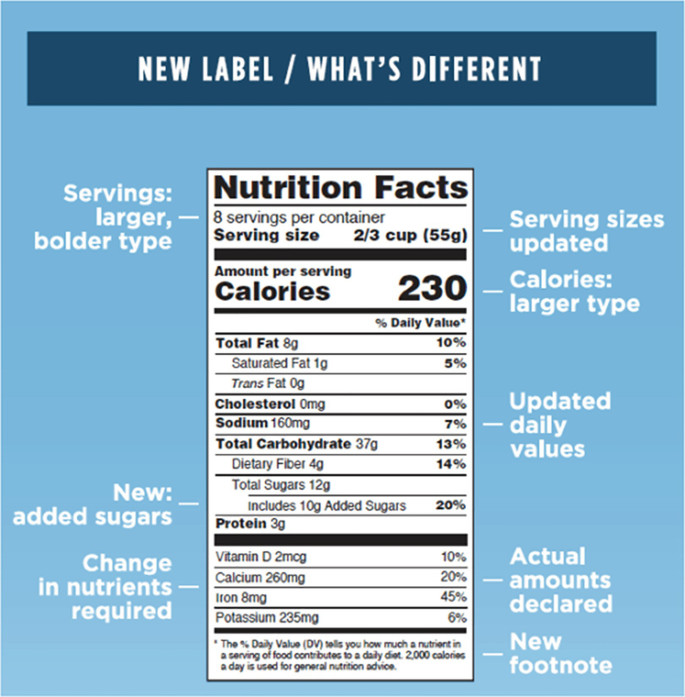






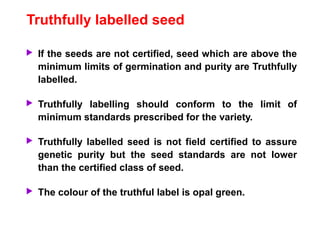





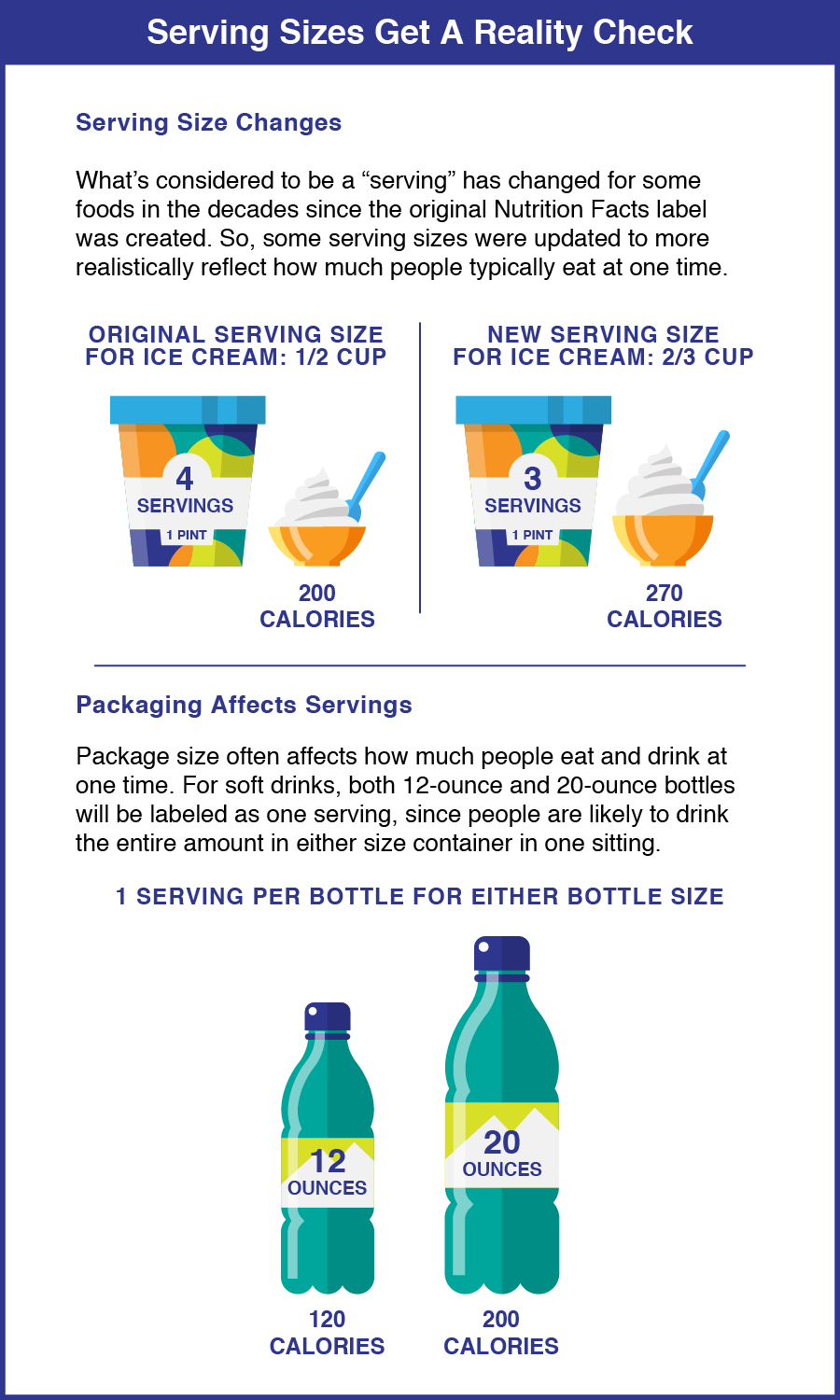
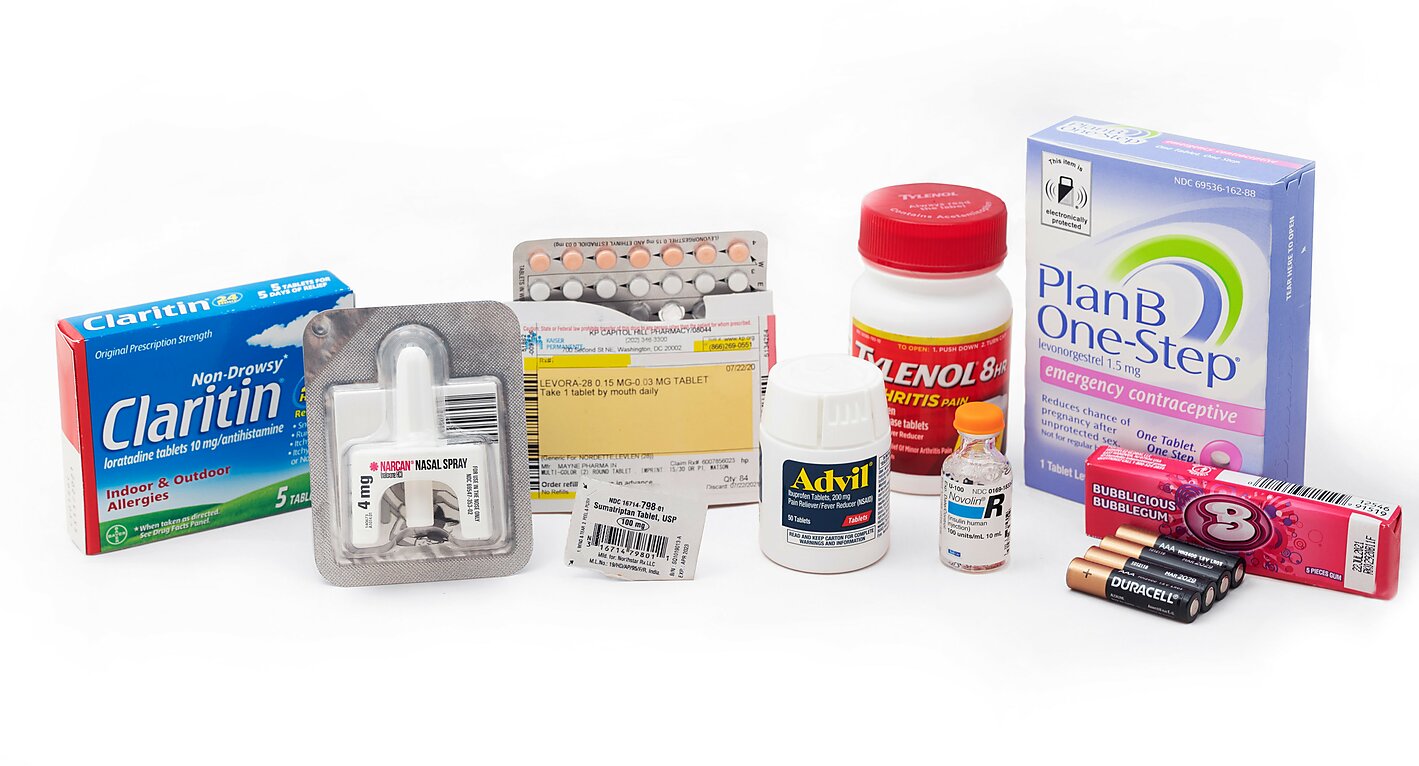

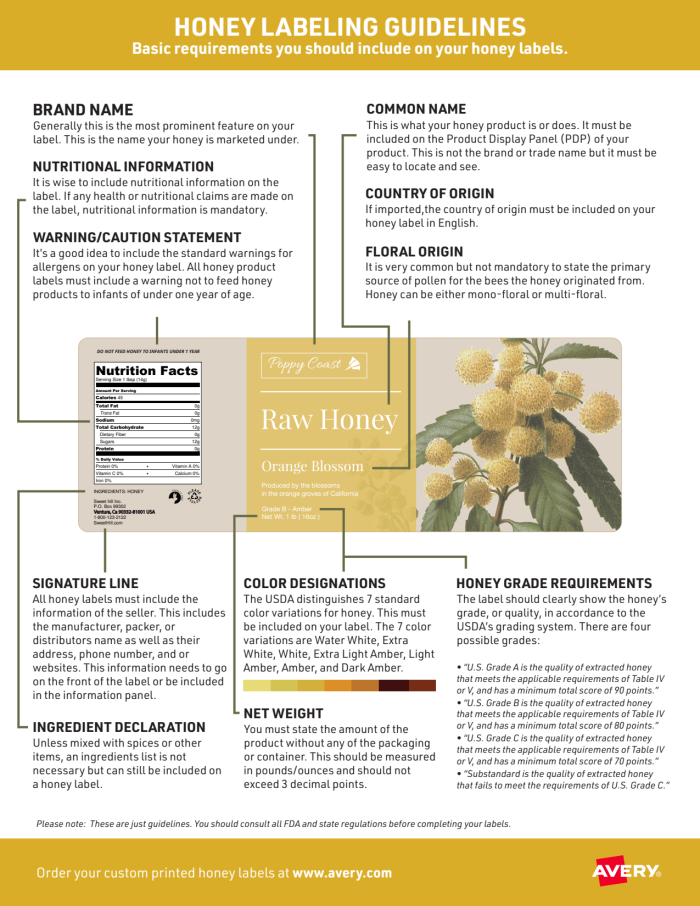
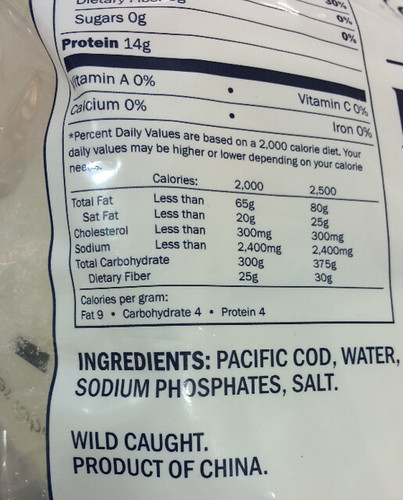
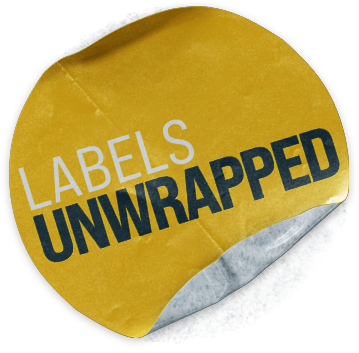


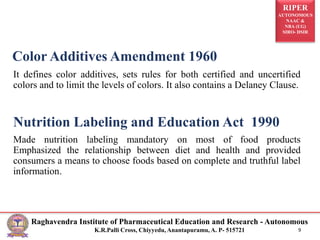




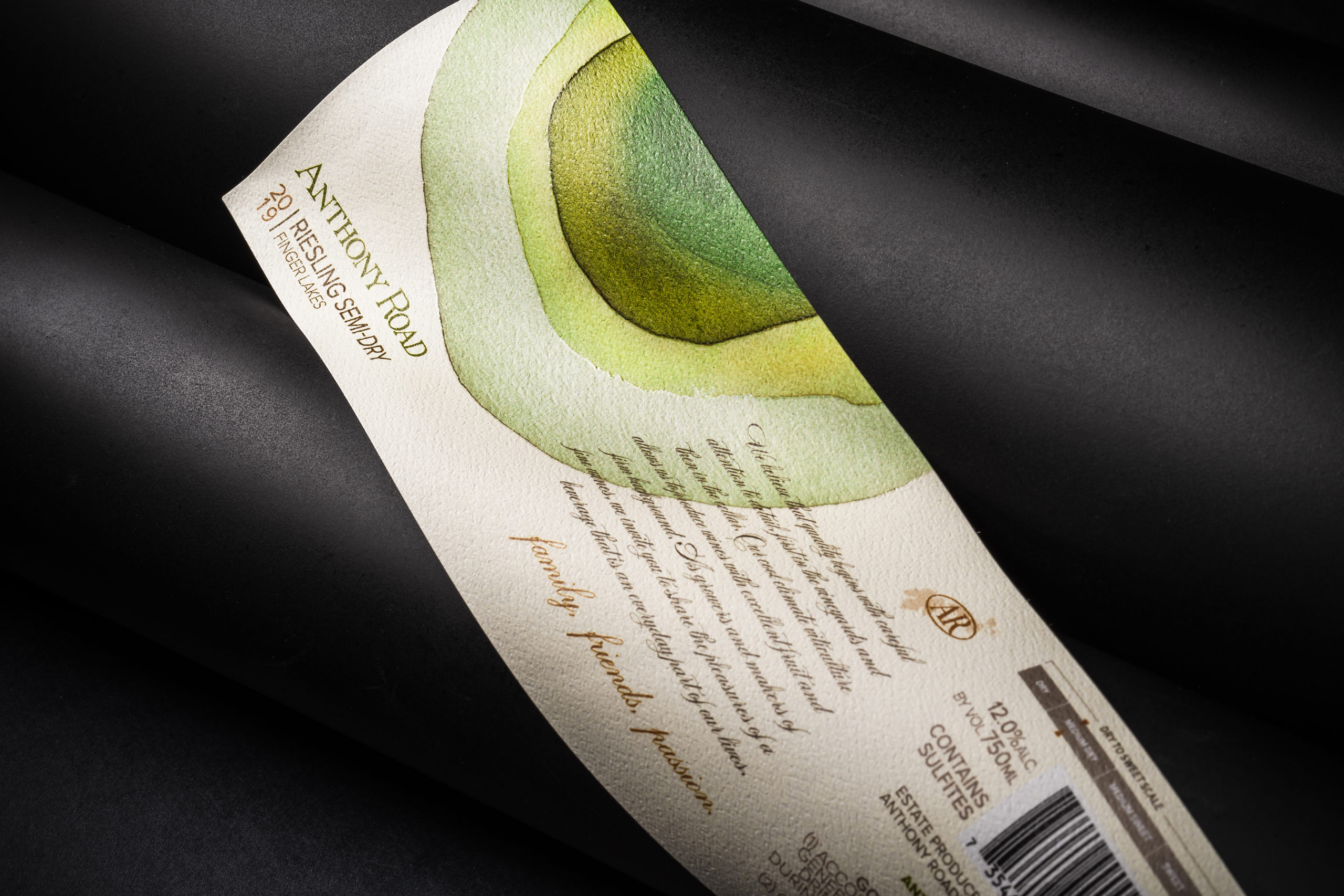

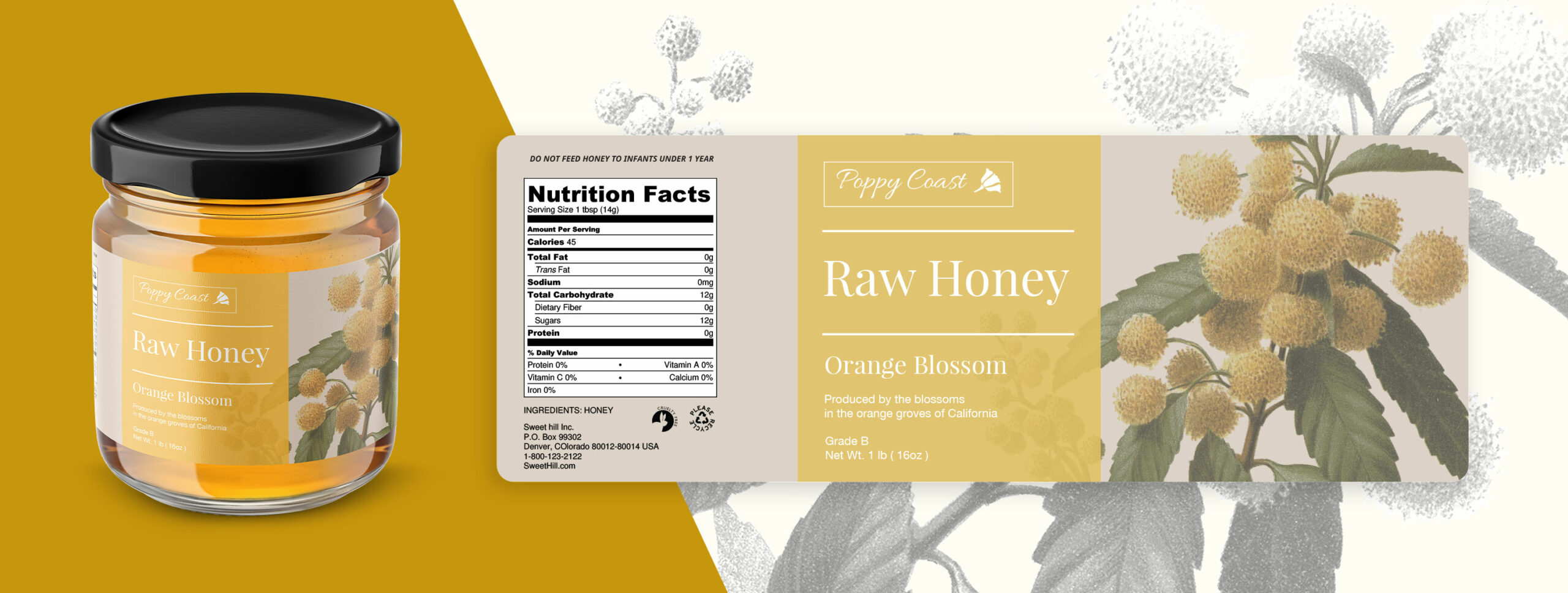


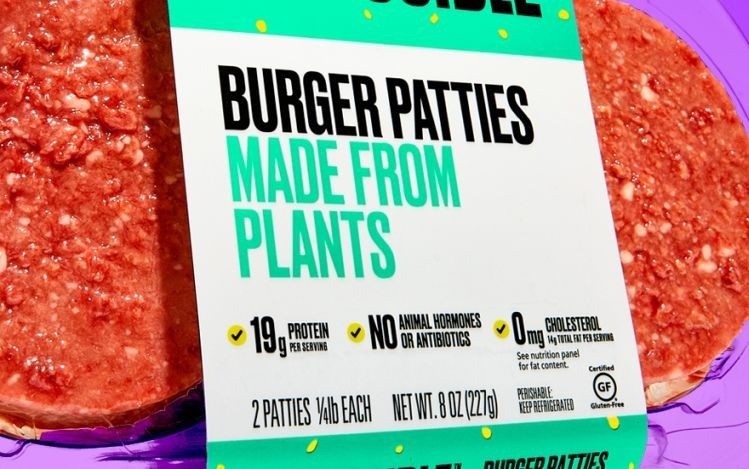
Post a Comment for "41 what law requires truthful labels"